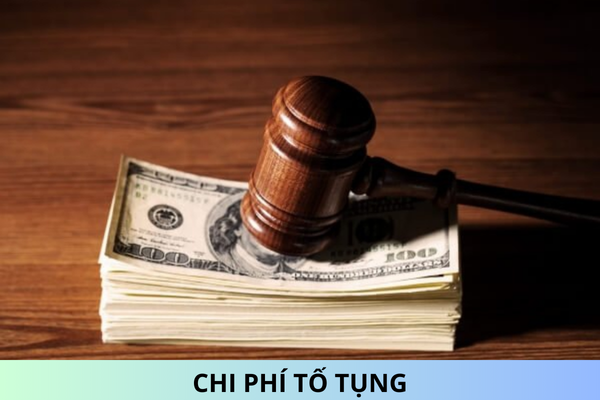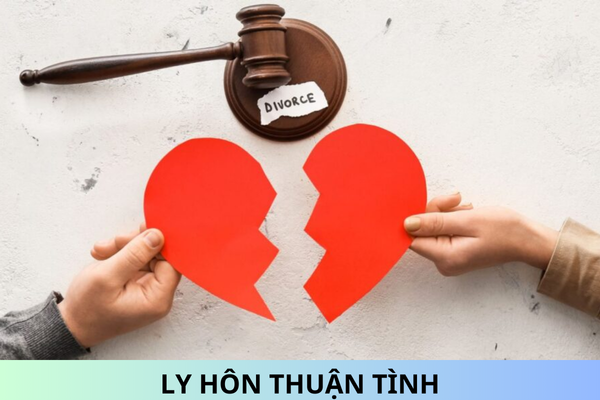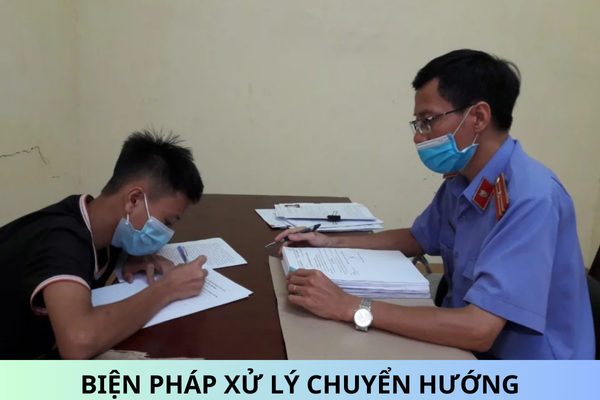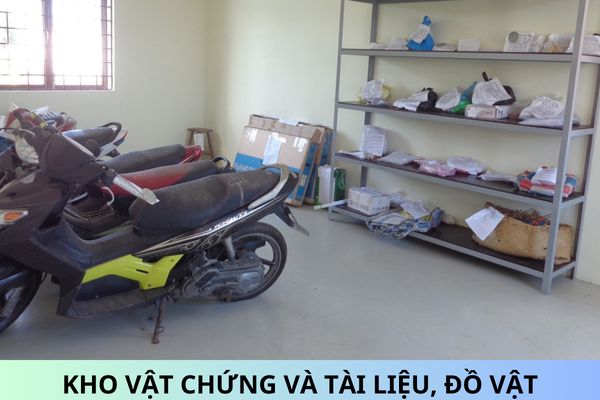What are regulations on the procedures and skills for supervising civil appellate judgments in 2019 in Vietnam?
What are regulations on the procedures and skills for supervising civil appellate judgments in 2019 in Vietnam? I need some information related to this issue. Could you please provide me with latest regulations?

What are regulations on the procedures and skills for supervising civil appellate judgments in 2019 in Vietnam? - image from internet
Based on Article 7 of Decision 399/QD-VKSTC in 2019, during the supervision of appellate civil judgments, officials shall follow the procedures and skills stated in Articles 4 and 5 of this provision. The following specific aspects should be noted during the supervision:
- Supervising the deadline for submitting the appellate judgment: According to Clause 1 Article 315 of the Civil Procedure Code, the appellate judgment must be submitted to the same-level Procuracy within 15 days from the date of its issuance. Therefore, officials should determine whether the Court has violated the deadline for submitting the judgment by considering the date of the appellate judgment, the date indicated by the postal stamp on the envelope, and the date when the Procuracy received the appellate judgment.
- Supervising the form of the judgment: The judgment should be written according to Form 75 in Resolution 01/2017 and must contain all the required contents as specified in Clause 2 Article 313 of the Civil Procedure Code.
- Supervising the content of the judgment:
+ Opening section of the judgment:
++ Regarding the composition of the appellate court: Officials should refer to Article 64, Clause 1 Article 290 of the Civil Procedure Code and cross-reference it with the decision to bring the case to trial sent to the Procuracy for supervising the composition of the appellate court.
++ Supervising the deadline for preparing the appellate trial: Officials should refer to Article 286 of the Civil Procedure Code to determine whether the Court has complied with the prescribed deadline for preparing the appellate trial. In cases where the Chief Judge of the appellate court decides to extend the preparation period, it is necessary to examine the reasons for the extension, such as complex nature of the case or objective obstacles. Supervision should also cover the deadline for opening the appellate trial as stipulated in Clause 2 Article 286 of the Civil Procedure Code and the decision to adjourn the appellate trial as specified in Article 296 of the Civil Procedure Code. The suspension of the appellate trial should be examined according to the provisions of Article 304 of the Civil Procedure Code.
++ Supervising the participation of individuals in the appellate trial: The compulsory participants in the trial include the appellant, the defendant, the relevant agencies, organizations, and individuals involved in the appeal process, as well as the legal representatives safeguarding the rights and legitimate interests of the defendant. In cases where the appellant or non-appellant has rights or obligations related to the appeal process, and their legal representatives have been validly summoned but are absent, officials should refer to Clauses 2 and 3 of Article 296 of the Civil Procedure Code to supervise the Court's decision to adjourn the trial if the absence is unreasonable. The Court may suspend the appellate trial if the appellant, after being validly summoned for the second time, is still absent without a valid reason. The Court may proceed with the trial if the appellant requests a trial in absentia.
+ Content of the case in the judgment: Officials should study the content of the initial complaint filed by the defendant, which requires the Court of first instance to resolve, as well as the outcome of the resolution of the Court of first instance (the first-instance judgment) and any supporting documents provided by the defendant (if any). For cases in which the defendant has appealed, it is necessary to determine whether the content of the appeal falls within the jurisdiction of the appellate court.
Regarding the case appealed by the Prosecutor's Office, the examination and comparison of the contents of the appeal by the Prosecutor's Office should be fully and accurately reflected in the content of the appellate judgment.
+ Assessment section of the judgment:
In the case appealed by the defendant: Study the analysis and evaluation of documents, evidence in the case file; the documents, evidence provided by the defendant (if any); the results of the examination at the trial, the results of the debates at the trial, and the court's assessment of the resolution of each issue raised in the defendant's appeal, the trial of the court of first instance, and the legal basis applied by the court to accept or reject the appeal. Based on that, evaluate the basis of the court's assessment of the issues raised in the defendant's appeal.
In the case appealed by the Prosecutor's Office: Examine whether the analysis and assessment of the judgment are consistent with the Prosecutor's Office's assessment in the appeal decision. Identify which contents of the appeal the court did not accept and the reasons for not accepting them, and compare them with the examination of the decision of the judgment.
In the case where both the defendant's appeal and the Prosecutor's Office's appeal are present: Examine the analysis and assessment of the judgment regarding the defendant's appeal, whether it coincides with the Prosecutor's Office's appeal, and whether there are other contents in the appeal that differ from the Prosecutor's Office's appeal. In cases where the Prosecutor's Office's appeal and the defendant's appeal request the same content but differ in the basis, it is necessary to determine which basis has grounds to protect, modify, supplement, or withdraw the appeal. In case the defendant withdraws the appeal but the content of the defendant's appeal is included in the contents of the Prosecutor's Office's appeal pertaining to cases that protect the public interest, the state's interests, and the legitimate rights and interests of a third party, the Appellate Court must consider and resolve those contents in the appeal.
Evaluate the legal basis cited by the court to accept or reject the defendant's appeal, the Prosecutor's Office's appeal (if any), and the legal basis for the Appellate Court to resolve the case. If the case falls under the provisions of Clause 2, Article 4 of the Civil Procedure Code, it is necessary to consider the basis applied by the court, such as customs, similar laws, basic principles of civil law, precedents, or fairness, to accept or reject the appeal, the appeal, and resolve other related issues accurately.
+ Decision section of the judgment:
Examine the jurisdiction of the Appellate Court's decision, the legal basis applied by the Appellate Court, whether it is appropriate or not, based on the analysis in the assessment section of the judgment.
Examine the contents stated by the court: Whether the court accepts part or all of the appeal, the appeal. Whether there is a basis for accepting or rejecting part or all of the appeal, the appeal. If it is found that the stated content has no basis, it is necessary to notify and propose the higher-level Prosecutor's Office to appeal according to the director's procedure.
Examine the imposition of court costs, litigation costs, and decisions to apply, modify, or revoke temporary urgent measures (if any).
During the appellate trial, if the parties agree on the settlement of the case and their agreement is voluntary, does not violate the law, and is not contrary to social ethics, the Prosecutor shall examine the Appellate Court's judgment to amend the trial judgment, recognizing the agreement of the parties.
Therefore, when supervising a civil appellate judgment, the prescribed general procedures and skills must be followed. However, attention must be paid to the above-mentioned contents to ensure the accuracy and fairness of the judgment.
Best regards!










